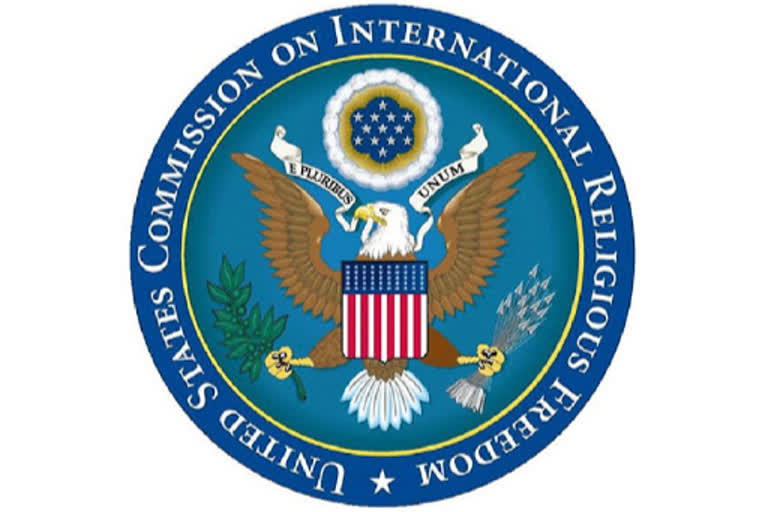Washington: A US commission mandated to monitor religious freedom globally on Tuesday asked the State Department to designate 14 nations, including India, as 'countries of particular concern', alleging that religious minorities are under increasing assault in these nations.
India rejected the US Commission for International Religious Freedom's (USCIRF) observations, terming them as 'biased and tendentious'.
"We reject the observations on India in the USCIRF Annual Report. Its biased and tendentious comments against India are not new. But on this occasion, its misrepresentation has reached new levels," External Affairs Ministry Spokesperson Anurag Srivastava said in a statement in New Delhi.
"It has not been able to carry its own Commissioners in its endeavour. We regard it as an organization of particular concern and will treat it accordingly," he added.
In its annual report released on Tuesday, the USCRF said that 14 nations include nine countries that the State Department designated as CPCs in December 2019 - Myanmar, China, Eritrea, Iran, North Korea, Pakistan, Saudi Arabia, Tajikistan and Turkmenistan - as well as five others - India, Nigeria, Russia, Syria, and Vietnam.
In the 2020 edition of its annual report on International Religious Freedom, the USCIRF alleged that in 2019, religious freedom conditions in India “experienced a drastic turn downward”, with religious minorities under increasing assault.
However, two of the nine members have expressed their dissent over the USCIRF recommendation to place India in the CPC. And a third member also expressed his personal view on India.
"I must dissent from the decision of my fellow Commissioners to recommend India, the world's largest democracy, for designation as a 'country of particular concern', or CPC, placing India in a gallery of rogue nations in which it does not belong,” Commissioner Gary L Bauer wrote in his dissent note.
"India does not belong to the same category as authoritarian regimes like China and North Korea. India is the largest democratic nation in the world, where the CAA has been challenged openly by the opposition Congress Party and lawmakers, civil society, and various groups,” said Commissioner Tenzin Dorjee.
Established by the US Government in 1998 after the inaction of the International Religious Freedom Act, recommendations of USCIRF are non-binding to the State Department. Traditionally, India does not recognize the view of the USCIRF. For more than a decade, it has denied visas to members of the USCIRF.
In its report, the watchdog alleged that in 2019, the national government in India used its strengthened parliamentary majority to institute national-level policies violating religious freedom across the country, especially for Muslims.
"Most notably, it enacted the Citizenship (Amendment) Act, which provides a fast track to Indian citizenship for non-Muslim migrants from Afghanistan, Bangladesh, and Pakistan already residing in India,” it alleged.
